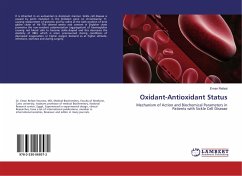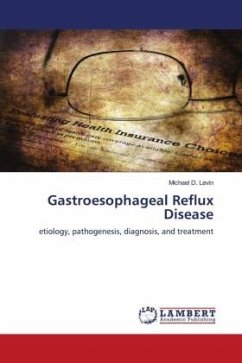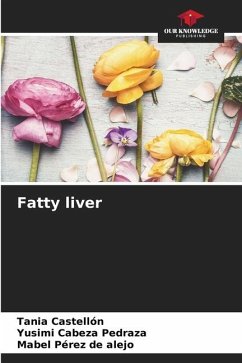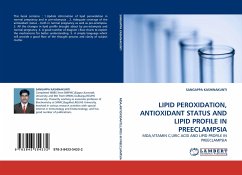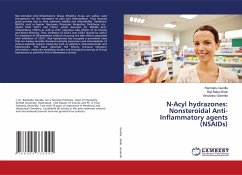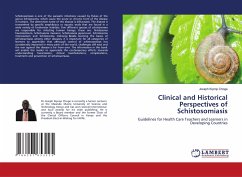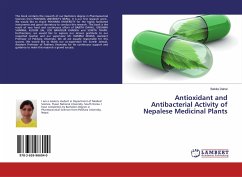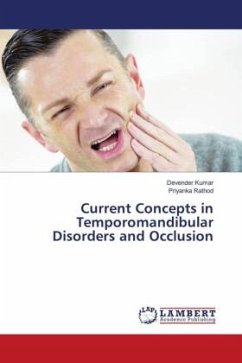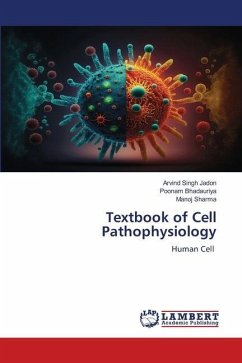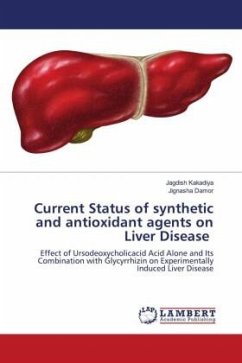
Current Status of synthetic and antioxidant agents on Liver Disease
Effect of Ursodeoxycholicacid Acid Alone and Its Combination with Glycyrrhizin on Experimentally Induced Liver Disease
Versandkostenfrei!
Versandfertig in 6-10 Tagen
29,99 €
inkl. MwSt.

PAYBACK Punkte
15 °P sammeln!
Non-alcoholic fatty liver disease includes everything from simple steatosis to more advanced steatosis with hepatitis, fibrosis, cirrhosis, and even hepatocellular cancer. Obesity and insulin resistance lead to an accumulation of triglycerides and free fatty acids in the liver, which causes NAFLD to spread not only in the United States but around the world. Many risk factors for the development of NAFLD have been proposed, with the majority of them including some sort of metabolic abnormality or insulin resistance as the pathogenesis. According to the findings of this investigation, the combin...
Non-alcoholic fatty liver disease includes everything from simple steatosis to more advanced steatosis with hepatitis, fibrosis, cirrhosis, and even hepatocellular cancer. Obesity and insulin resistance lead to an accumulation of triglycerides and free fatty acids in the liver, which causes NAFLD to spread not only in the United States but around the world. Many risk factors for the development of NAFLD have been proposed, with the majority of them including some sort of metabolic abnormality or insulin resistance as the pathogenesis. According to the findings of this investigation, the combination formulation had a considerable hepatoprotective effect in rats with PCM+ high fat diet-induced fatty liver disease, as evidenced by physical, biochemical and functional markers. After reviewing the preclinical data, the formed combination formulation was found to be within the safety range and also cost effective, making it accessible to a wide variety of people. In comparison to the typical medications of choice, the created combination formulation is as effective as the standard treatment in managing the progression of fatty liver while being cost economical and nearly non-toxic.




